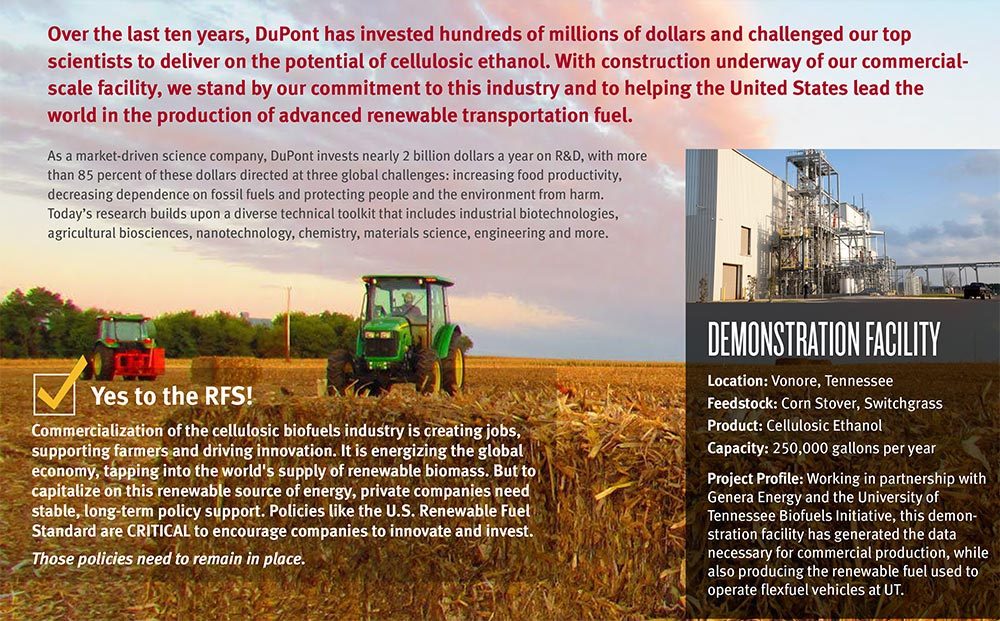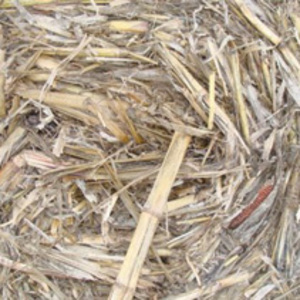Fire consumes small percentage of DuPont's stover bales



April 4, 2014
BY Holly Jessen
An early morning fire on March 31, destroyed about 5,200 of the 55,000 corn stover bales stored at a 30-acre DuPont stover storage site located about 10 miles northeast of Nevada, Iowa.
DuPont, which is building a 30 MMgy cellulosic ethanol plant in the area, suspects a lightning strike started the fire and said it will continue to investigate. The local fire departments of Nevada, Colo, McCallsburg and Zearing responded to the fire. DuPont said emergency responders performed exceptionally and pointed to extensive planning and preparedness exercises conducted in 2013. “Although heavy winds challenged the firefighters, the fire was contained by Tuesday morning,” a company spokesperson said in an email statement. “… Most importantly, we are thankful there have been no injuries.”
DuPont’s work to bring the 30 MMgy cellulosic ethanol plant under construction in Nevada was featured as part of a story in the April issue of Ethanol Producer Magazine. The company expects to complete construction in the fourth quarter of this year. The full DuPont graphic, part of which can be seen posted with this story, can be found on DuPont’s website.
Advertisement
Advertisement
Advertisement
Advertisement
Related Stories
The U.S. Energy Information Administration maintained its forecast for 2025 and 2026 biodiesel, renewable diesel and sustainable aviation fuel (SAF) production in its latest Short-Term Energy Outlook, released July 8.
XCF Global Inc. on July 10 shared its strategic plan to invest close to $1 billion in developing a network of SAF production facilities, expanding its U.S. footprint, and advancing its international growth strategy.
U.S. fuel ethanol capacity fell slightly in April, while biodiesel and renewable diesel capacity held steady, according to data released by the U.S. EIA on June 30. Feedstock consumption was down when compared to the previous month.
XCF Global Inc. on July 8 provided a production update on its flagship New Rise Reno facility, underscoring that the plant has successfully produced SAF, renewable diesel, and renewable naphtha during its initial ramp-up.
The USDA’s Risk Management Agency is implementing multiple changes to the Camelina pilot insurance program for the 2026 and succeeding crop years. The changes will expand coverage options and provide greater flexibility for producers.
Upcoming Events










